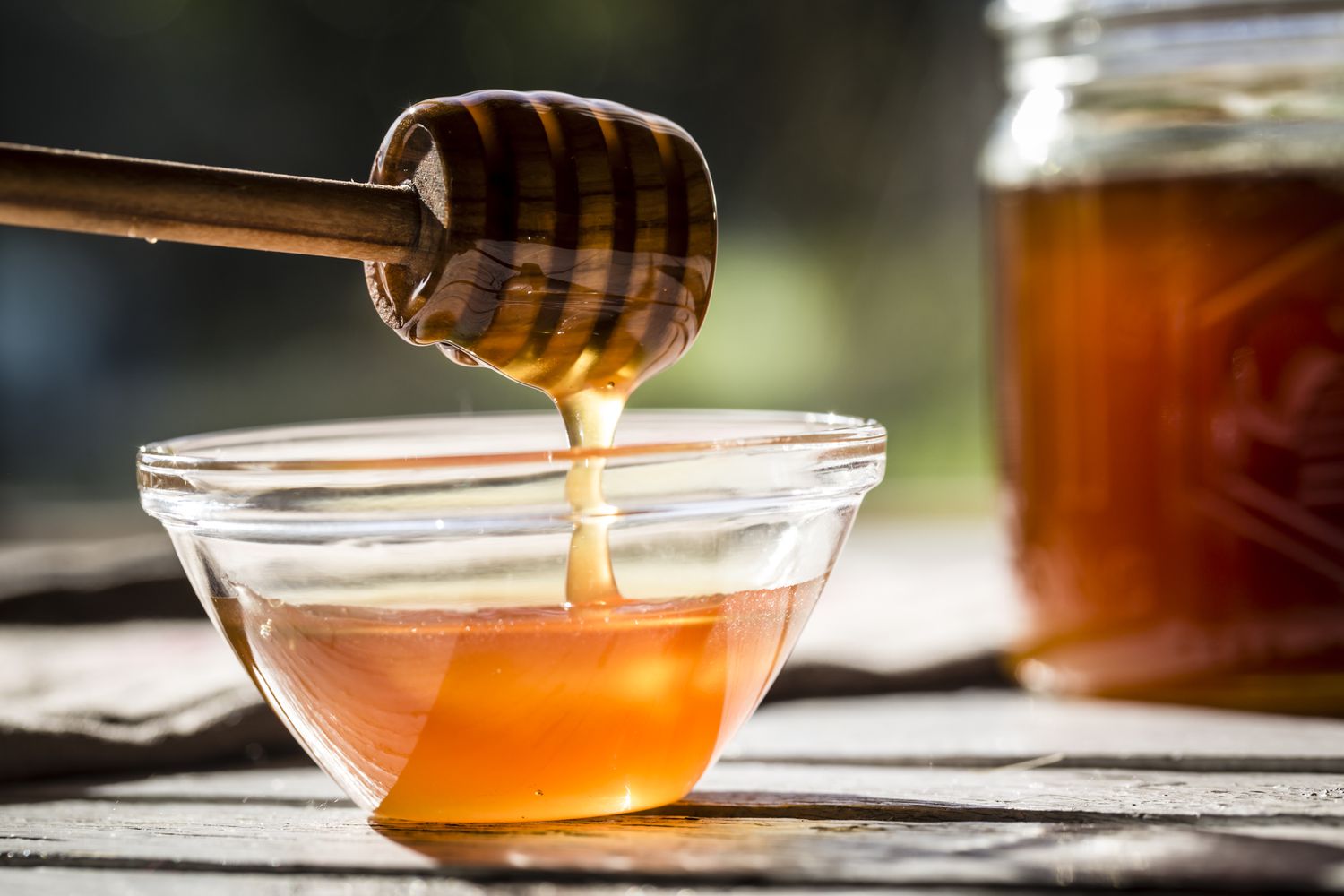
Different Types of Honey: Which One Is Right for You?
Honey, often referred to as “liquid gold,” has been cherished for its sweet and natural goodness for centuries. However, not all honey is created equal. There are various types of honey, each with its own unique flavor, aroma, and health benefits. Whether you’re drizzling it over your morning oatmeal or using it as a natural sweetener, choosing the right type of honey can enhance your culinary experience and offer different health advantages. In this blog, we’ll explore some of the most popular types of honey and help you decide which one is right for you.
1. Wildflower Honey
Wildflower honey is a delightful and diverse type of honey that is derived from the nectar of various wildflowers. Its flavor profile can vary depending on the region and time of year it was harvested. Typically, wildflower honey has a pleasantly mild and floral taste with hints of various flowers, making it a versatile choice for sweetening tea, drizzling over yogurt, or using in baking.
2. Clover Honey
Clover honey is one of the most common and widely available types of honey. It is produced from the nectar of clover blossoms and is known for its light color and mild, slightly floral flavor. Clover honey is a great all-purpose honey, perfect for sweetening beverages, spreading on toast, or using in salad dressings.
3. Manuka Honey
Manuka honey is renowned for its unique and powerful health benefits. It is produced by bees that collect nectar from the Manuka tree in New Zealand. Manuka honey has strong antibacterial properties due to its high methylglyoxal (MGO) content. It is often used for medicinal purposes, including wound healing and soothing sore throats. When shopping for Manuka honey, look for a high MGO rating for maximum health benefits.
4. Acacia Honey
Acacia Honey, harvested from the delicate blossoms of the acacia tree, is prized for its light color and mild, sweet flavor. It has a high fructose content, which means it resists crystallization and remains liquid for an extended period. Acacia honey is an excellent choice for adding a touch of sweetness to beverages and desserts.
5. Buckwheat Honey
Buckwheat honey boasts a robust and dark color, along with a bold, earthy flavor. It is rich in antioxidants and is known for its potential to alleviate coughs and sore throats. Buckwheat honey’s distinct taste makes it a favorite for adding depth to marinades, glazes, and barbecue sauces.
6. Orange Blossom Honey
Derived from the fragrant blossoms of orange trees, orange blossom honey offers a delightful citrusy aroma and a sweet, fruity flavor. It’s a versatile honey that pairs well with both sweet and savory dishes. Try it in salad dressings, drizzled over roasted vegetables, or in desserts.
7. Lavender Honey
Lavender honey is infused with the gentle essence of lavender flowers. It has a delicate floral aroma and a subtle lavender flavor. This honey is a wonderful addition to tea, as it imparts a soothing and aromatic quality to your cup.
8. Eucalyptus Honey
Eucalyptus Honey is produced from the nectar of eucalyptus trees and is known for its bold, slightly medicinal flavor. It’s believed to have antimicrobial properties and is often used to relieve respiratory issues. Enjoy it in herbal teas or as a natural sweetener in recipes.
How to Choose the Right Honey
When choosing the right honey for your needs, consider both flavor and potential health benefits. Experiment with different types of honey to find the one that best suits your taste preferences and culinary endeavors. Keep in mind that raw, unprocessed honey retains more of its natural enzymes and antioxidants, making it a healthier choice.
Whether you’re seeking a mild sweetener, a bold flavor enhancer, or specific health benefits, the diverse world of honey has something to offer everyone. So, the next time you reach for that jar of honey, explore the different types available and savor the unique qualities each one brings to your table.



